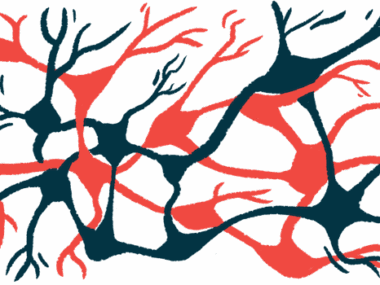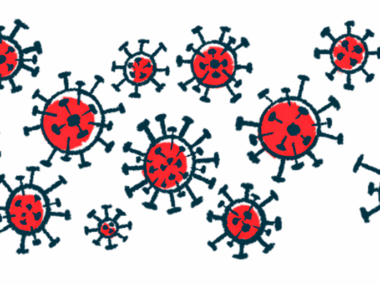MJFF $5.2M Grant to ASU Supports Stem Cell Trial, Neuron Research
Written by |

The Michael J. Fox Foundation has awarded $5.2 million to scientists at Arizona State University (ASU) to support three research projects exploring new treatment options for Parkinson’s disease.
The projects will be led by Jeffrey Kordower, PhD, founding director of the Banner Neurodegenerative Disease Research Center at ASU.
“Professor Kordower’s approaches to the treatment of this devastating affliction qualify as truly revolutionary,” Joshua LaBaer, executive director of the Biodesign Institute at ASU, which includes the research center, said in a press release.
Parkinson’s is caused by the accumulation of the protein alpha-synuclein within nerve cells, ultimately leading to the death and dysfunction of neurons that produce dopamine — a neurotransmitter, or chemical messenger, that allows nerve cells to communicate and plays a key role in motor control.
Two of the newly funded projects are exploring ways to restore these cells when they are lost.
In one project, scientists will conduct a clinical trial that aims to refine a promising therapeutic technique called neural grafting.
In essence, this procedure involves collecting blood cells from a patient, then “reprogramming” those cells to become stem cells. These particular cells, when given the proper biochemical cues, are able to grow and differentiate into other types of cells. In this case, the goal is to implant stem cells into patients’ brains, where the stem cells can grow into dopamine-producing neurons, replacing those that have been lost as a result of Parkinson’s.
“We can transplant stem cells that are, by all accounts, like the [dopamine-making] neurons that die in Parkinson’s disease. They have the same chemical properties; they have the same genetic material that tells them where to go,” Kordower said.
The trial will test this procedure in patients with relatively early signs of Parkinson’s who have a specific disease-associated mutation known as a Parkin (PRKN) mutation. According to ASU, these patients generally display only the “classic” signs and symptoms of Parkinson’s, and usually only exhibit brain abnormalities affecting dopamine-producing neurons, making them ideal candidates for testing this technique.
The clinical trial is being run in collaboration with several centers, including the Barrow Neurological Institute in Phoenix. Both surgeries to implant the cells, as well as PET imaging to monitor therapy efficacy, will be performed at Barrow.
A second project will also explore a new approach for repopulating the brain with dopamine-producing neurons. Rather than stem cells, this project involves astrocytes.
Astrocytes, which get their name from their “star-like” shape, are support cells in the nervous system. They are critical for supporting neuron health, but their exact roles in health and disease remain incompletely understood.
Scientists have already shown that lowering the levels of a protein called PTB in astrocytes can prompt these cells to grow into neurons, which may be capable of replacing lost neurons. In the ASU project, researchers will use preclinical animal models to further explore the possibilities of using astrocytes to restore neurons.
In the third project, researchers will use animal models and a human brain organoid system to test a nanobody — a specific kind of engineered antibody — with the potential to reduce abnormal aggregates of alpha-synuclein. These irregular protein clumps are characteristic of Parkinson’s, and they are thought to help drive neuronal death.
“The brain is our most critical organ, essential to all bodily function as well as the repository of our selfhood,” LaBaer said. “Replacing disease-damaged cells and selectively targeting disease-linked protein accumulations are techniques rapidly moving from the realm of science fiction to science fact.”






